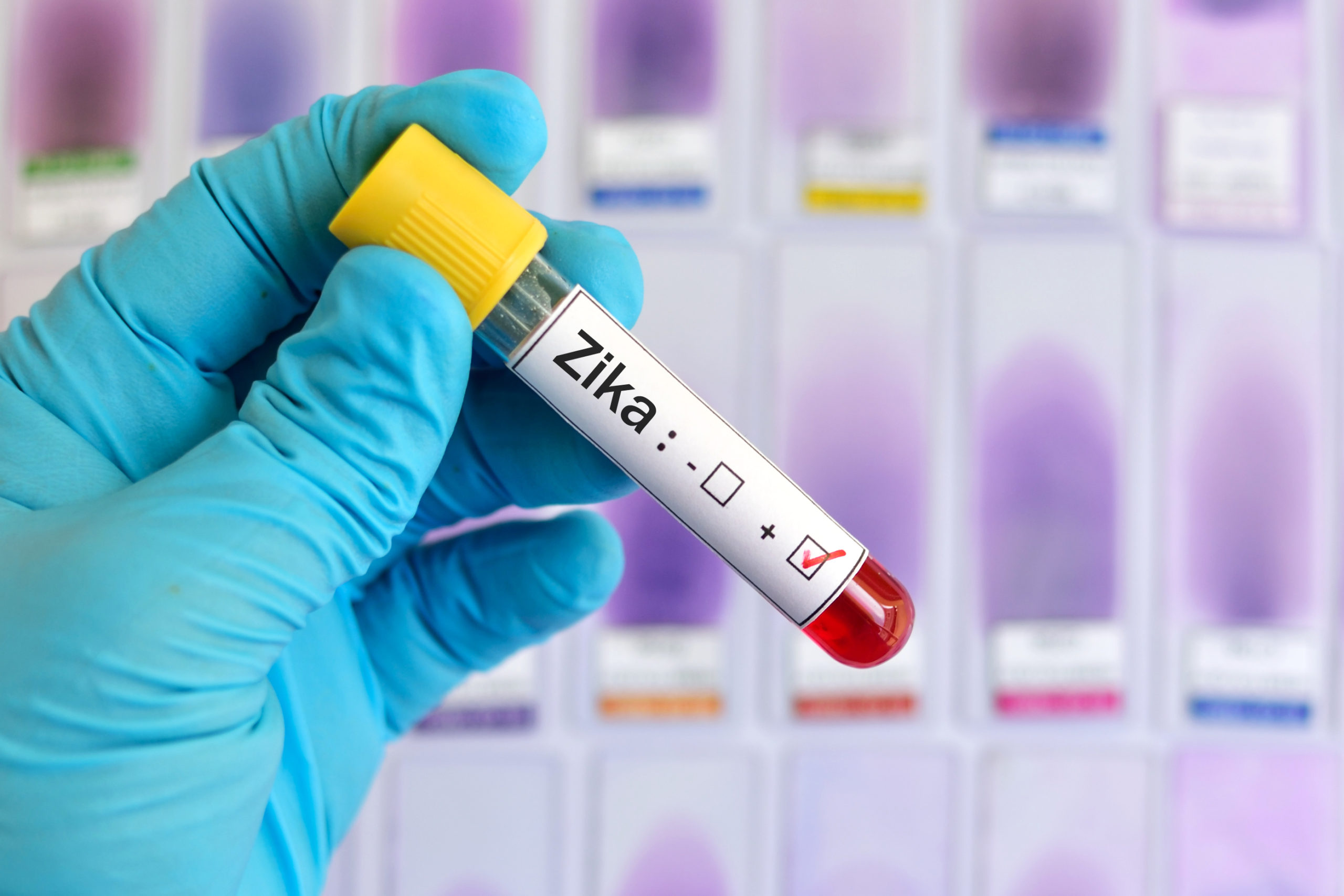What do we know about Zika?
The Zika virus is transmitted from the bite of the notorious Aedes mosquito, also a renown vector for spreading Dengue and Chikungunya Fever in our region It is becoming a pandemic across many countries worldwide, and infections are inevitably on the rise in Singapore.
The virus may also spread through bodily fluids from unprotected sexual contact with infected individuals, or from an expectant mother to her unborn child.
What happens if you are infected?
Zika is generally classified as a mild and self-limiting disease with majority of the patients showing no notable symptoms. Only 20 per cent of individuals develop symptoms presenting 3-12 days after infection:
- Fever/ headaches
- Joint and muscle pain
- Rashes
- Conjunctivitis (Eye redness and irritation)
These symptoms resolve within several days to a week, and people develop lifelong immunity to the Zika virus after recovery.
What are the implications on pregnancy?
Zika may pose more serious implications to the unborn foetus. The risk is highest during the first trimester, and it is known that 1-10% of infected women during pregnancy may give birth to babies with defects. Microcephaly is the most common complication among babies, characterised by a smaller head and brain damage. If you present with symptoms of Zika, consult your physician for further testing of infection and monitoring of your condition.
What are the treatment options?
Though research is underway, there are no available vaccines or specific anti-viral medications against Zika till date. Treatment mainly focuses on plenty of rest and drinking adequate fluids to prevent dehydration. Paracetamol may also be used to alleviate pain and fever.
Take an active stand against Zika!
Stringent measures to eliminate breeding sites and prevent mosquito bites are crucial in curbing the further spread of Zika infections, especially among expectant mothers.
- Wear light-coloured, long sleeved clothing when outdoors for a prolonged period
- Use bed nets or window screens to prevent mosquitoes from entering the home
- Use mosquito repellents, especially in the mornings and evenings when mosquitoes are most active. They are available in the form of sprays, lotions, patches or wristbands.
As Zika is also spread through sexual contact, infected individuals, partners of pregnant women and travellers returning from affected regions are encouraged to use contraceptive measures consistently.
How useful are insect repellents?
Repellents containing synthetic chemicals DEET or picaridin (also known as icaridin) are reportedly most effective in warding off insects and safe for pregnancy. Repellents formulated with natural plant oils like lemongrass, citronella and eucalyptus are also available, though they may not be as superior in terms of efficacy.
The concentration of DEET in a repellent indicates the duration of effectiveness, hence a higher concentration would mean that it lasts for a longer period after application. To be cautious, expecting mothers should avoid products with more than 20% of DEET, while infants under 2 months of age should avoid using DEET preparations.
- Apply just enough repellent to cover exposed skin
- Do not spray products directly to face. First spray on hands before rubbing on face
- Avoid apply to broken skin/open wounds
- Use only when outdoors, wash skin with soap and water when coming indoors
Want to find out more?
Unity pharmacy maintains a whole range of insect repellents sprays and patches for your different needs. You can visit your nearest Unity Pharmacy and ask our friendly staff for the different types of insect repellents available in stores.
Reference
- News Highlights. (2016, January 29). Retrieved November 27, 2019, from https://www.moh.gov.sg/news-highlights/details/zika-virus.
- Zika Virus. (2019, November 20). Retrieved November 27, 2019, from https://www.cdc.gov/zika/index.html.
- Zika Virus. (2019, November 20). Retrieved November 27, 2019, from https://www.cdc.gov/zika/index.html.










